In advance of the upcoming election, we’ve asked members of the UCHI community to suggest a book, article, poem, painting, video, or piece of music that they think everyone should take a look at in this current moment.
Mark Overmyer-Velázquez says you should listen to…
The melancholy, cleansing rhythms and melody of Ozomatli’s “Cumbia de los muertos,” in honor of the Day of the Dead and the Covid-fallen.

Amy Meyers says you should look at…
One of John Constable’s cloud studies. Take a moment to contemplate a beautiful study of clouds and wheeling birds, painted by John Constable on Hampstead Heath in 1821—the year when the artist devoted himself to an intensive empirical and, to the standards of the day, scientific examination of the sky. The pink-tinged clouds rush above a thin band of earth, and the birds soar, calling our attention to the clear, blue heavens above—just the momentary release we now need from the tragic pandemic and heightened cultural tensions that we face as a nation.
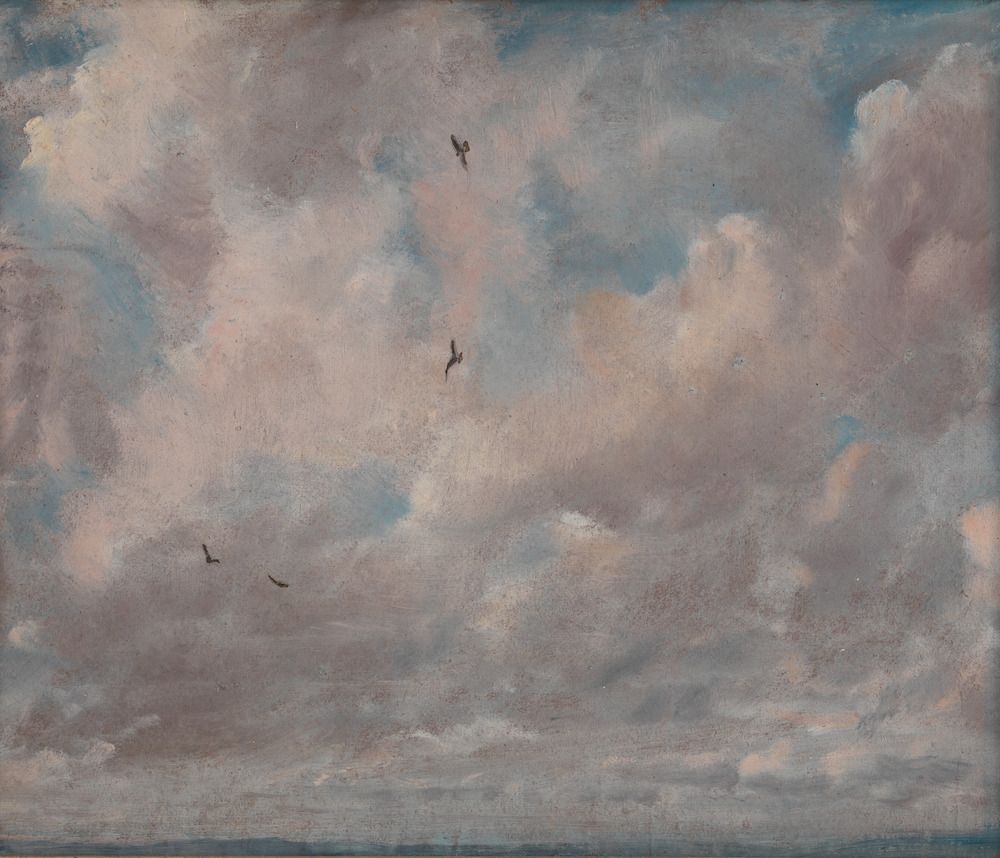
Contributors
Mark Overmyer-Velázquez is Professor of History and Latino & Latin American Studies at the University of Connecticut and Campus Director of the University of Connecticut–Hartford. His book Visions of the Emerald City: Modernity, Tradition and the Formation of Porfirian Oaxaca, Mexico (Duke University Press, 2006) won the 2007 Best Book Prize, New England Council on Latin American Studies.
Amy Meyers (Yale Ph.D., American Studies, 1985) retired from the directorship of the Yale Center for British Art in June of 2019. Prior to her appointment in July of 2002, she spent much of her career at research institutes, including Dumbarton Oaks; the Center for Advanced Study in Visual Arts at the National Gallery of Art, Washington, D.C.; and The Huntington Library, Art Museum, and Botanical Gardens, where she served as Curator of American Art from 1988 through June of 2002. Meyers also has taught the history of art at the University of Michigan, the California Institute of Technology, and Yale, where she was an affiliate of the History of Science and Medicine Program and an adjunct professor in the Department of the History of Art. She is the University of Connecticut Humanities Insitute’s 2020–2021 Luce Foundation, Future of Truth Fellow.
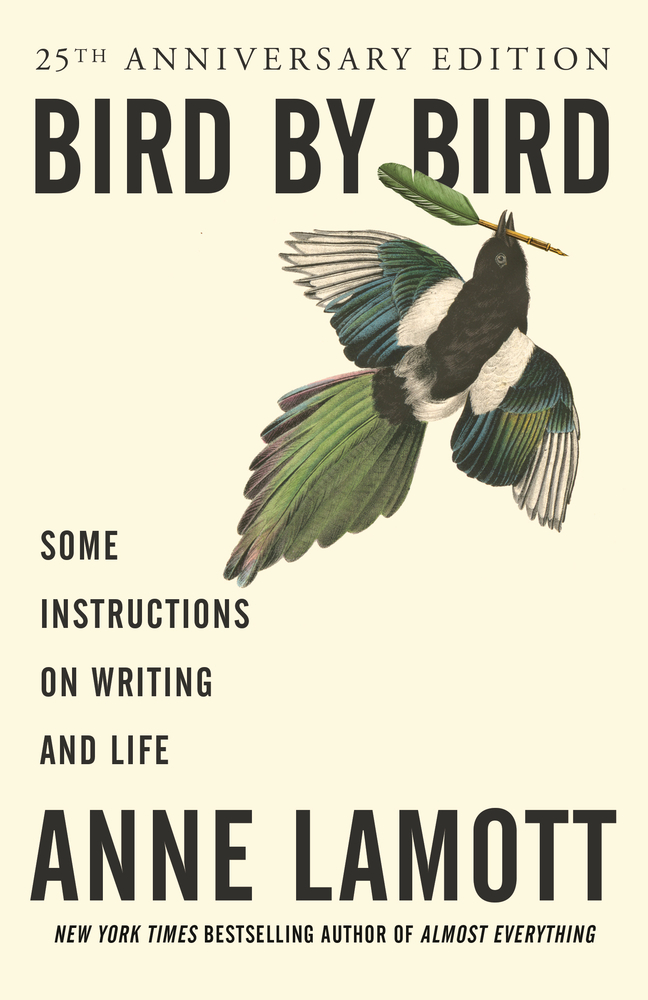
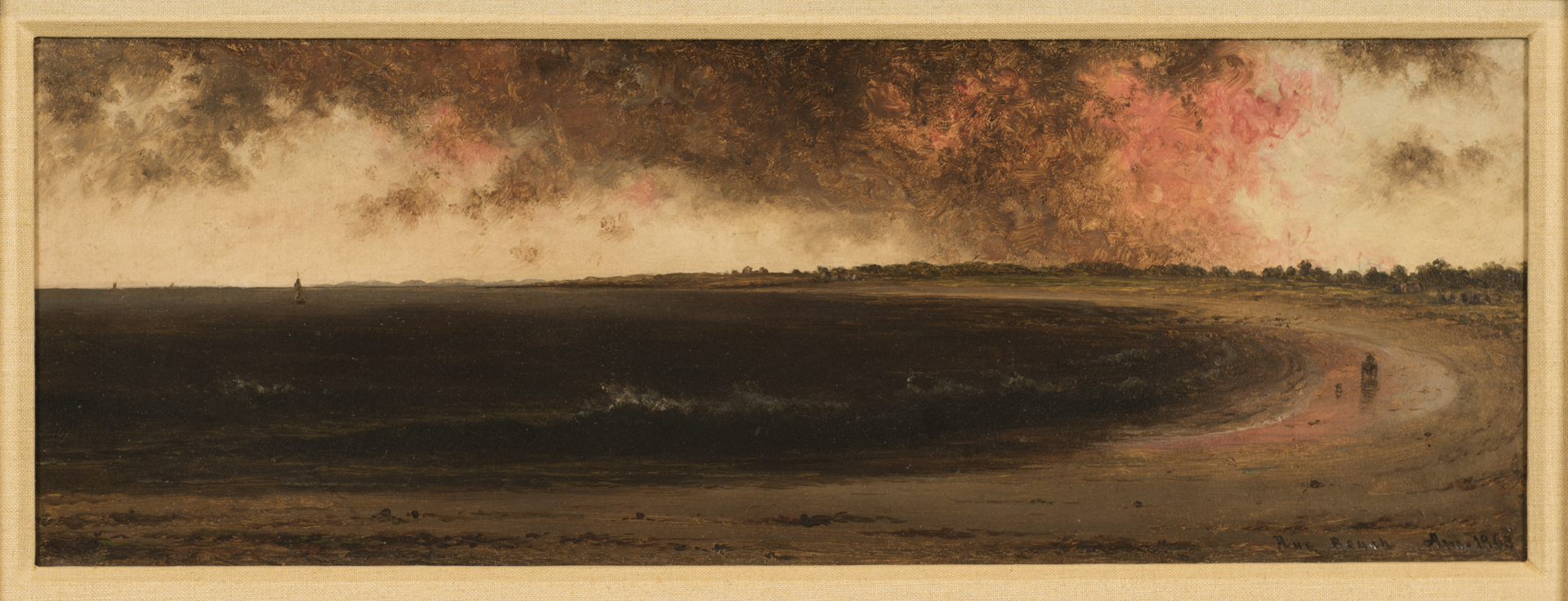

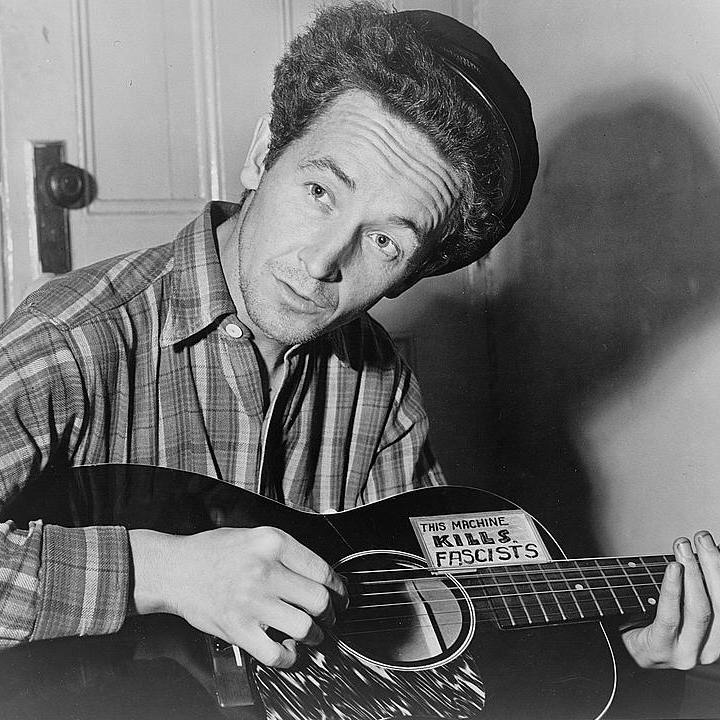

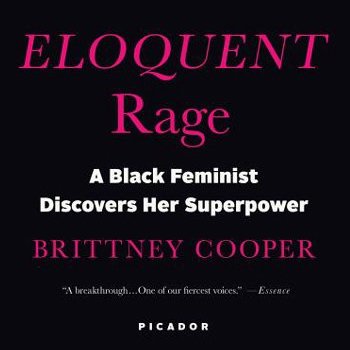 In the words of Angela Davis, we are living in a time that we have never seen before. Americans are experiencing a myriad of emotions in response to the horrific events that are taking place in our country, from police brutality against Black bodies, racist effigies, lynchings of Black people, Covid-19 and its disproportionate effects on the health of Black and Brown people, and the lack of presidential leadership. The ugly truth is that some Americans have the privilege to be emotional about what is transpiring around us (e.g., white women throwing crying fits when confronted about a racist act). But Black women have a unique relationship with our emotions; an overt display of emotions by Black women, particularly negative emotions like sadness, anger, and doubt, is pathologized in the U.S. What I love about
In the words of Angela Davis, we are living in a time that we have never seen before. Americans are experiencing a myriad of emotions in response to the horrific events that are taking place in our country, from police brutality against Black bodies, racist effigies, lynchings of Black people, Covid-19 and its disproportionate effects on the health of Black and Brown people, and the lack of presidential leadership. The ugly truth is that some Americans have the privilege to be emotional about what is transpiring around us (e.g., white women throwing crying fits when confronted about a racist act). But Black women have a unique relationship with our emotions; an overt display of emotions by Black women, particularly negative emotions like sadness, anger, and doubt, is pathologized in the U.S. What I love about  Who is Shardé M. Davis?
Who is Shardé M. Davis? 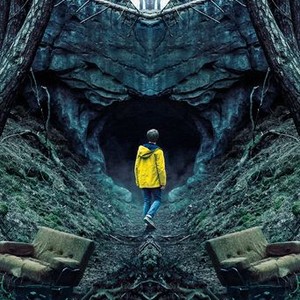 In this brave new world of self-isolation, I have come to lose track of time. Time, or rather our concepts of the passage of time, are constructs that we animate and breathe life into, out of the necessities of our mortal lives. But to quote a Tralfamadorian from Slaughterhouse-Five: “
In this brave new world of self-isolation, I have come to lose track of time. Time, or rather our concepts of the passage of time, are constructs that we animate and breathe life into, out of the necessities of our mortal lives. But to quote a Tralfamadorian from Slaughterhouse-Five: “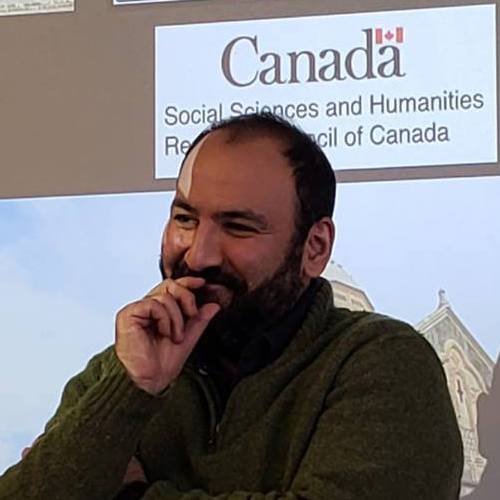 Who is Siavash Samei?
Who is Siavash Samei? 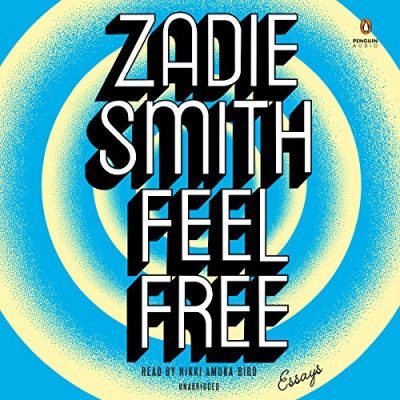 There is only so much Netflix and Hulu one can watch and replaying Contagion and Outbreak are not the best antidote for COVID-19’s many anxieties. I suggest you find refuge in an
There is only so much Netflix and Hulu one can watch and replaying Contagion and Outbreak are not the best antidote for COVID-19’s many anxieties. I suggest you find refuge in an 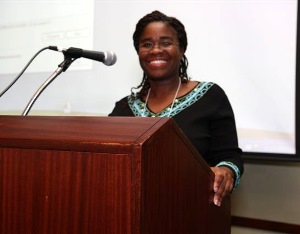 Who is Fiona Vernal?
Who is Fiona Vernal? 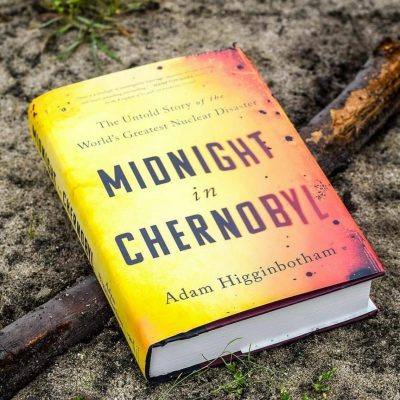 The role of the humanities and liberal arts education in the 21st century is a topic of intense debate. If the sciences are the foundation for inventing new technologies, the humanities are the foundation for implementing these technologies sustainably and ethically.
The role of the humanities and liberal arts education in the 21st century is a topic of intense debate. If the sciences are the foundation for inventing new technologies, the humanities are the foundation for implementing these technologies sustainably and ethically.  Who is Marisa Chrysochoou? Marisa Chrysochoou is a professor and the head of the
Who is Marisa Chrysochoou? Marisa Chrysochoou is a professor and the head of the 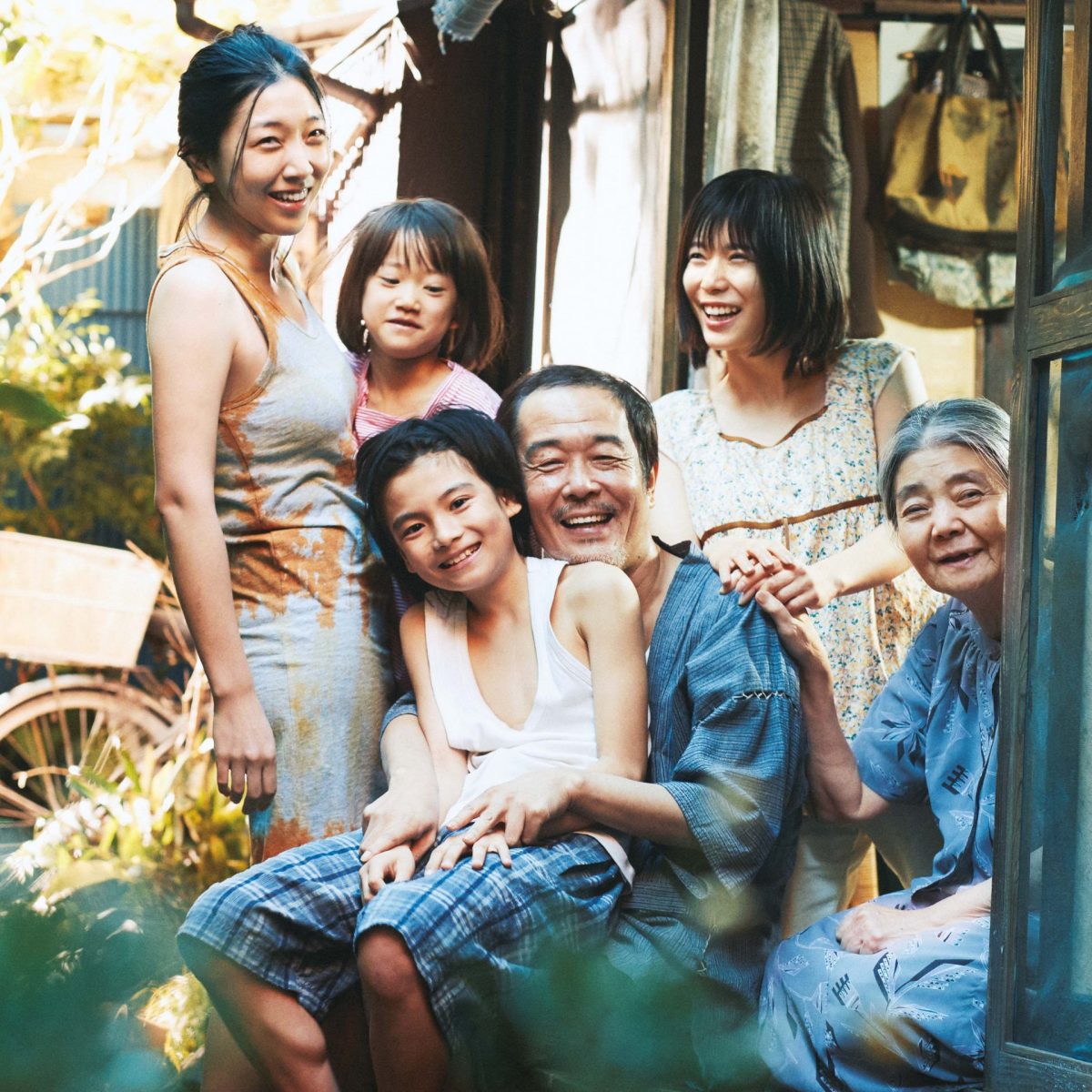 You Should take the time to watch Shoplifters by Japanese director Hirokazu Kore-eda who is often compared to Kurosawa, Bergman, and other great humanists of the cinema.
You Should take the time to watch Shoplifters by Japanese director Hirokazu Kore-eda who is often compared to Kurosawa, Bergman, and other great humanists of the cinema.
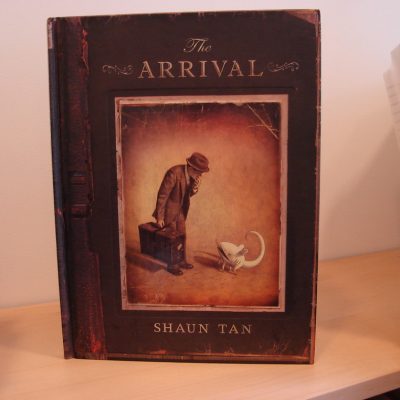
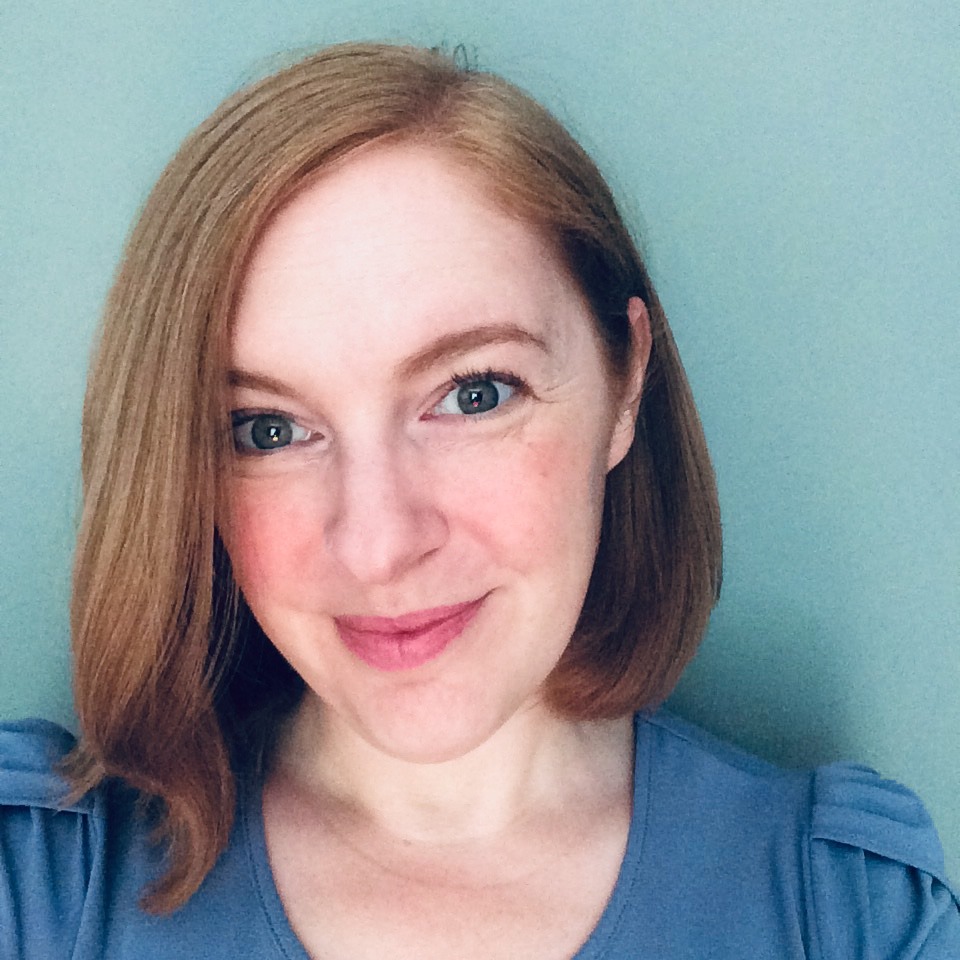 Who is Victoria Ford Smith?
Who is Victoria Ford Smith? 
